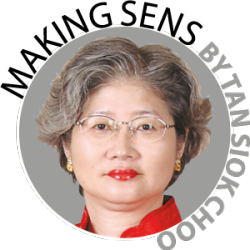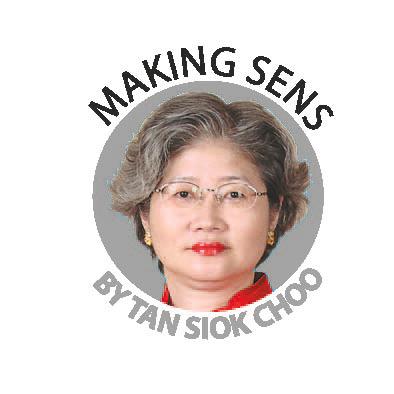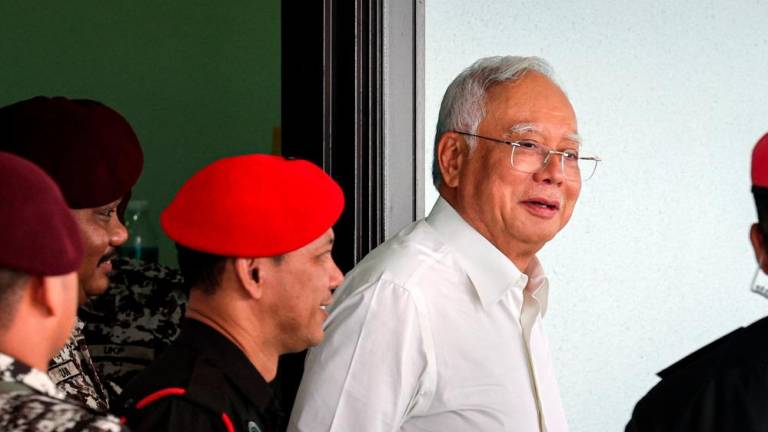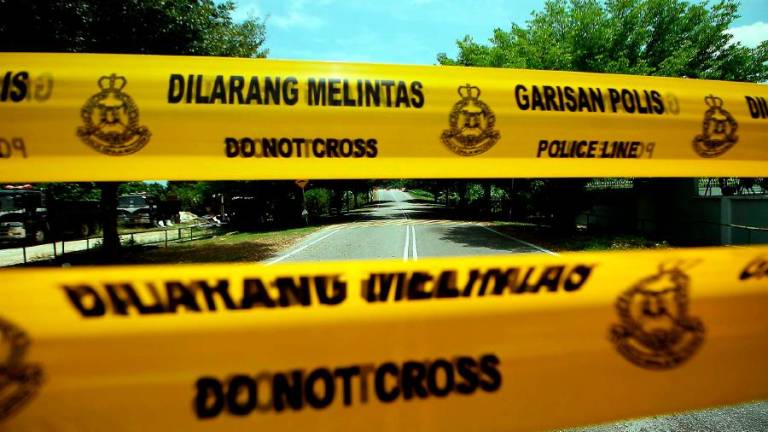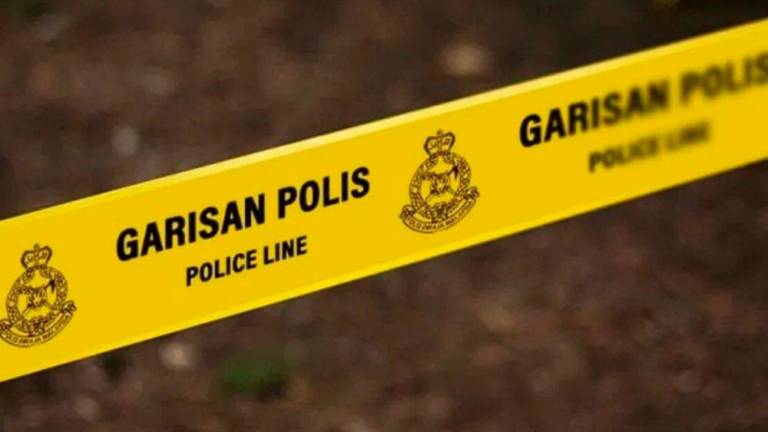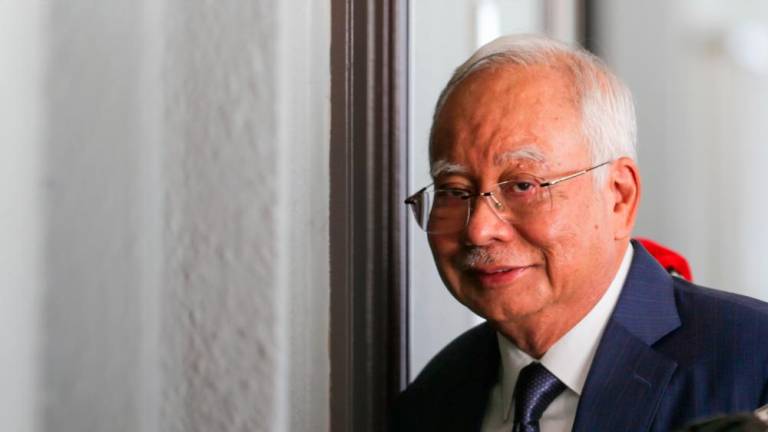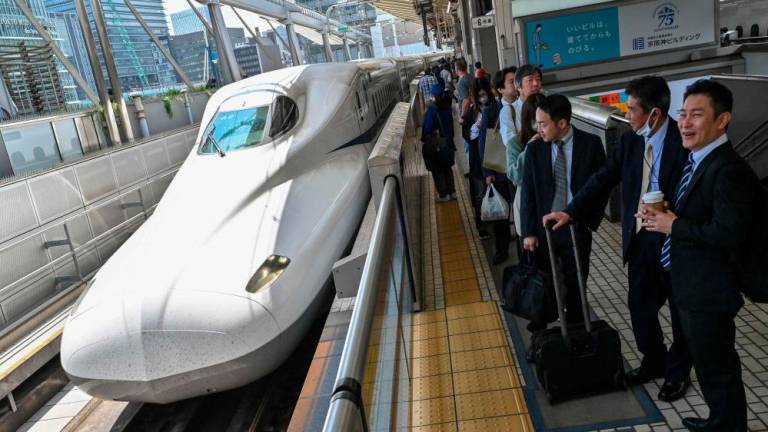LOGIC is mystifyingly absent in the decision by Singapore’s People’s Action Party (PAP) to hold a general election at a time Prime Minister Lee Hsien Loong himself described as “the middle of the most severe crisis” while acknowledging the July 10 poll is “not a normal election and we are not in a normal situation.”
PAP’s mandate expires in April 2021. Holding the 13th general election in February next year will give the PAP another eight months in office.
By then, the Covid-19 pandemic may have either tapered off or a vaccine could become available. Why, then, the need to hold a national poll amid a pandemic that still warrants caution even in Singapore?
Recently, Professor Josip Car, director of the Centre for Population Health Sciences at Nanyang Technological University’s Lee Kong Chian School of Medicine, warned although there is no significant spike in Covid-19 cases, “no one and no nation can afford to be complacent.”
Undoubtedly, Covid-19 will impact Singapore’s economy severely, particularly in the second quarter when a strict lockdown was imposed in April and May. Economists predict the republic’s economy could contract by 4% to 7% this year.
Two sectors in Singapore likely to be disproportionately impacted are trade and tourism. With trade a massive 326% of Singapore’s gross domestic product (GDP), UNCTAD’s recent forecast of a 20% slump in global trade this year could pummel the republic’s economy.
GDP is the total value of goods and services produced within a country within one year.
Although tourism accounts for just 4% of Singapore’s GDP, a sharp drop in foreign arrivals could be devastating. The Singapore Tourism Board estimates Covid-19 could cause the number of visitors to tumble by 25% to 30% this year; China visitors comprise about 20% of the republic’s international arrivals.
Despite this sombre economic backdrop, the PAP enjoys some political advantages. Since independence was granted in August 1965, the ruling party has never lost a general election. Even during one of its worst outings in GE2011, the PAP secured 60.14% of the popular vote.
In the Sept 11, 2015 general election, the PAP benefited from the backwash of sympathy due to the demise of first Prime Minister Lee Kuan Yew on March 23 that year. It was also helped by the feel-good factor engendered by the island’s jubilee celebrations the previous month.
During GE2015, the PAP’s popular share of the vote rose to 69.9% while it came close to wresting back the Aljunied Group Representative Constituency (GRC). A recount that ended at 3.15am gave PAP 49% of the Aljunied votes.
Out of 89 contests in GE2015 – comprising 13 Single Member Constituencies (SMCs) and 16 GRCs – the PAP won 83. It lost Al-Junied and Hougang SMC to the Workers Party (WP).
In GRCs, four or five candidates represent a single ward provided one is non-Chinese.
Although the PAP will be the only party contesting all 93 wards in GE2020, it will be challenged in every seat. Only two constituencies will see three-cornered fights: Pasir Ris-Punggol GRC and Pioneer SMC, the remainder will be straight fights between PAP and opposition parties.
A major issue in next week’s poll is whether the PAP’s share of the popular vote collectively won by its 93 candidates will surpass the GE2015 tally?
Additionally, will WP retain Aljunied GRC and Hougang SMC and if so, by a bigger margin?
Outcomes in two other GRCs also merit scrutiny – West Coast and East Coast.
Will Dr Tan Cheng Bock, leader of the new political party Progress Singapore Party (PSP), win in the West Coast GRC? Tan was the PAP MP for Ayer Rajah (now part of West Coast GRC) for 26 years.
In 2011, Tan challenged Tony Tan for the presidency of Singapore and lost by just 0.35% of the vote.
In a remarkable move, Deputy Prime Minister Heng Swee Kiat – touted to be the next prime minister – left his Tampines stronghold for the challenging East Coast GRC.
In GE2011, WP secured 45.2% of the vote and a slimmer, though respectable, 39.3% of the vote in GE2015.
Opposition parties’ platforms focus on economic issues. WP proposes a national minimum wage and unemployment insurance while improving living conditions for foreign workers, although it objects to expanding the republic’s population to 10 million.
PSP suggests lowering the quota for work passes, improving financial assistance for the unemployed and freezing proposed higher taxes or fees for the next five years. Likely to be popular with average salaried workers, PSP proposes linking new flat prices to income levels and cutting ministerial salaries.
Articulating opposition parties’ overarching ambition, PSP’s new member, Lee Hsien Yang – the estranged younger brother of PM Lee – urged 2.65 million Singaporeans to vote on July 10 to end the PAP’s super majority.
Opinions expressed in this article are the personal views of the writer and should not be attributed to any organisation she is connected with. She is not related to any politician in Singapore and can be contacted at siokchoo@thesundaily.com



